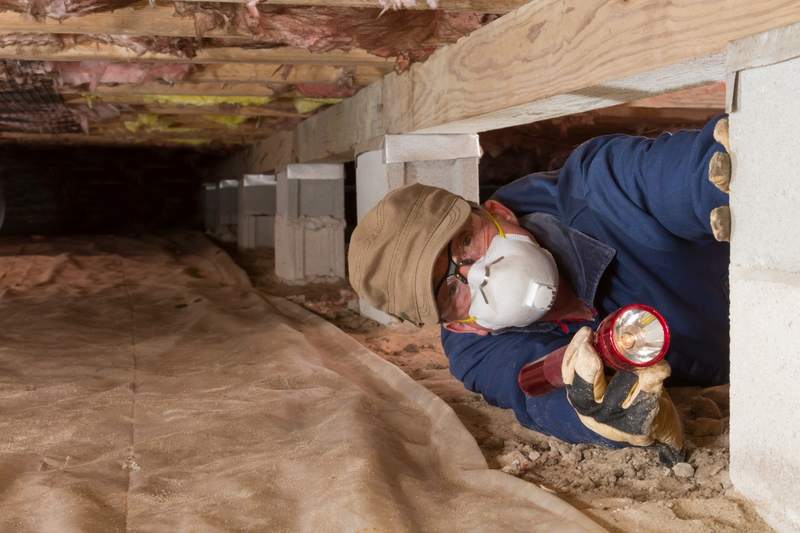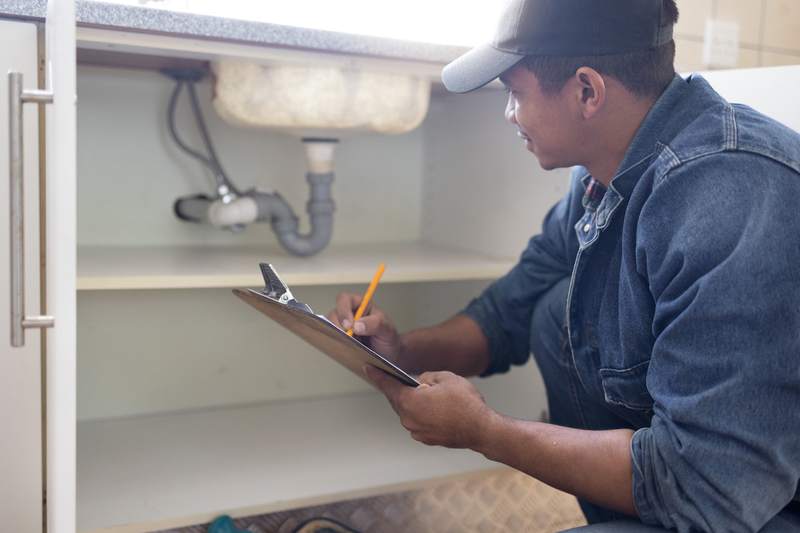
When making an offer on a home in a competitive market, aspiring buyers may consider waiving contingencies to make their bid more attractive to the seller. One contingency commonly waived is the appraisal contingency, which lets the buyer walk away from a deal if the home appraises for less than the purchase price. While waiving that contingency smooths out the homebuying process for the seller, it carries some significant risks for the buyer.
“While waiving the appraisal contingency can be advantageous in certain situations, buyers should carefully consider the potential risks and their individual circumstances before making a decision,” says Adie Kriegstein, a licensed real estate agent and founder of the NYC Experience Team at Compass in New York.
Why You Might Consider Waiving the Appraisal Contingency
When making an offer on a home, you can put contingencies in your purchase and sale agreement that allow you to cancel the deal if something unexpected crops up before the deal closes. While contingencies are designed to protect the buyer and the mortgage lender, they can be seen as a nuisance to a seller who’s in a rush to close a deal.
“As an agent, I most commonly see this in a seller’s market or in any bidding situation when there is competition,” Kriegstein says. “By removing this contingency, one increases the chances of their offer being accepted.”
Some buyers waive the home appraisal contingency because they consider it redundant to the financing contingency, which allows them to back out of buying the house if they’re unable to get a mortgage. If the appraisal comes in too low for you to borrow enough to complete the deal, the financing contingency would have the same effect as an appraisal contingency.
Risks of Waiving the Appraisal Contingency
Waiving the appraisal contingency jeopardizes your offer if the home appraises for less than the agreed-upon purchase price.
“Most lenders require a fair appraisal amount to approve the loan; if the property doesn’t appraise for the expected value, they will only lend up to the amount stated by the appraiser,” says Kevin Garcia, a real estate agent at WLM Realty in Los Angeles. “Consequently, as a buyer, you would be responsible for providing the additional funds needed to complete the purchase.”
If you cannot come up with the difference in cash, you’ll forfeit your earnest money and could face legal action from the seller for breach of contract.
Benefits of Waiving the Appraisal Contingency
Waiving the appraisal contingency can make your offer stand out in a competitive market, making it more likely the seller will accept your offer. If you have enough saved to cover the difference between the appraised value of the home and the amount you’ve agreed to pay — known as an appraisal gap — then waiving the appraisal contingency can work to your benefit.
“Buyers with strong financial resources may be confident in covering any appraisal shortfall, or they may have a deep emotional attachment to a particular property, making them willing to accept the associated risks,” Kriegstein says.
When To Consider Waiving the Appraisal Contingency
If you’re facing stiff competition or paying for the home with cash, it can make sense to waive the appraisal contingency.
“Buyers who are in a strong financial position and/or those who genuinely believe the property’s value exceeds the potential appraised value may choose to waive the contingency,” Kriegstein says.
Even if you can afford to cover the appraisal gap, waiving the contingency still places the buyer at a disadvantage.
“There are few instances where waiving the appraisal contingency is advisable,” Garcia says. “However, if you are confident that you’re purchasing a home below its market value, then waiving this contingency can make sense. In most cases, the buyer must be fully aware of the risks associated with potentially overpaying for a home or needing to contribute additional out-of-pocket funds to complete the purchase.”
FAQ
Here are answers to some common questions about waiving the appraisal contingency.











